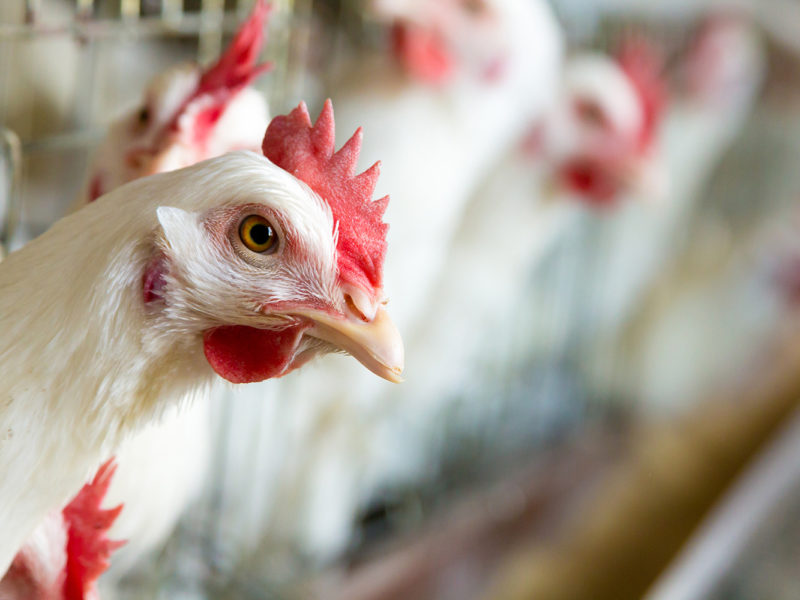The scale of this year’s outbreak of highly pathogenic avian influenza now rivals the massive outbreak of 2004 that saw farms throughout the Fraser Valley depopulated.
An additional 13 commercial farms have been infected over the past week, putting the number of commercial premises impacted since mid-November at 42, the same number as was infected in 2004.
This year, a total of 49 commercial farms and 1.2 million birds have been impacted. Only Alberta, at 1.4 million birds affected, has seen a greater toll.
But the BC Poultry Association says strong biosecurity measures implemented following the 2004 outbreak have so far prevented farm-to-farm transmission of the disease. This means an industry-wide cull is not likely this year.
“The working theory is that the groundwater and possibly dust can carry the virus farm to farm. If this is the case, a mass depopulation will not stop the infections and may lead to food shortages,” said Amanda Brittain, spokesperson for the BC Poultry Association’s emergency operations centre.
The infections are spread evenly across poultry sectors, though with disproportionate impacts on production given that some sectors are smaller than others. Eight of the province’s 40 turkey farmers are affected, for example, while just nine of the province’s 149 egg farms are affected.
Government resources are overwhelmed by the volume of cases, however.
Canadian Food Inspection Agency staff are taking longer to depopulate infected premises than earlier this year, when cases were largely confined to small, non-commercial flocks.
“This is likely due to the fact we have so many farms testing positive in such a short period of time,” Brittain said of the slow response times. “[We’re] working with the [BC] Ministry of Agriculture and the CFIA to offer labour and alternatives to get these birds destroyed faster. It is better for both animal welfare as well as disease containment to have the birds destroyed as quickly as possible.”
Cases since October have been entirely within commercial flocks. CFIA and poultry representatives continue to urge producers to maintain strict biosecurity in order to protect their flocks from the disease. This includes keeping birds indoors and avoiding the comingling of flocks.


 Food prices outpace income
Food prices outpace income